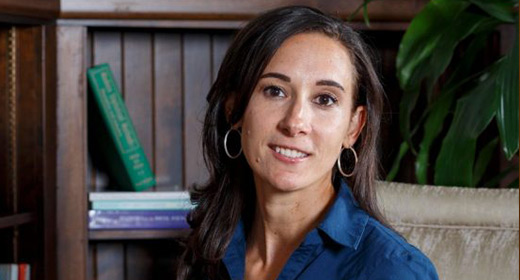
“Puerto Rico’s primary did not receive the media attention of many of those that preceded it,” writes Mara Ostfeld in The Conversation. “And with only 60 pledged delegates, a primary late in the election season, and a population that is ineligible to vote in the elections in November, why should it?”
Ostfeld’s piece, “The Puerto Rican primary matters. Here’s why,” provides a compelling argument for why presidential candidates and the media ought to be paying attention to the political views of voters in Puerto Rico.
With large numbers of Puerto Ricans leaving the island each day in search of better opportunities in the continental U.S. and their growing concentration in the critical swing-state of Florida, Ostfeld notes that “campaigning on the island is campaigning on the mainland.” In addition, she explains why “the primaries in Puerto Rico are widely viewed as a litmus test for Latino support.”
Ostfeld goes on to describe the campaign strategies and messages--by Rubio, Clinton, and Sanders--that seemed to resonate most with Puerto Rican voters. It wasn’t speaking Spanish or endorsing broad philosophical ideals, she says, but demonstrating an ability to recognize the grave issues Puerto Rico is facing, and lay out a thoughtful, detailed plan to address them.
“These issues,” she writes, “include a poverty rate twice that of the poorest U.S. state; tuition rates at public universities that have increased over 1,000 percent in recent years; primary schools with an unpredictable supply of electricity and infrastructure that is literally crumbling; and an inability to obtain basic health services, among others.”
Mara Cecilia Ostfeld is a postdoctoral fellow at the Ford School of Public Policy. Her current research focuses on the effects of exposure to Spanish-language media on both actual patterns of Latino political identification, as well as how Latinos are perceived politically. Beyond this research, her work has explored questions relating to immigration attitudes, news frames, and survey techniques.